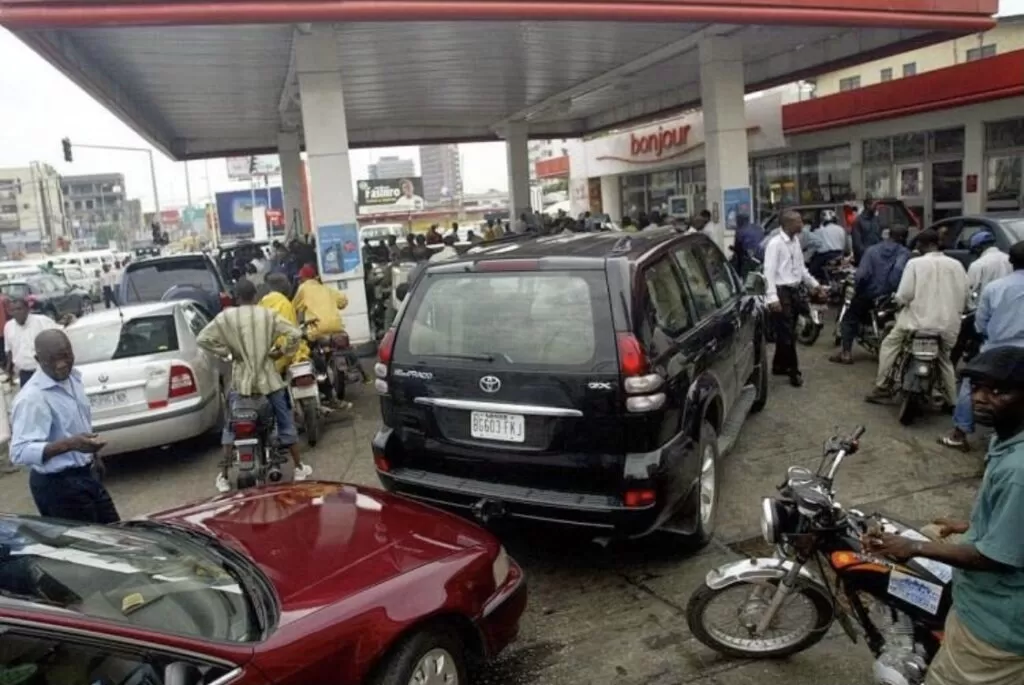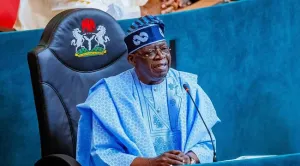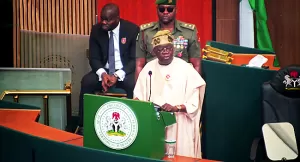Petrol Price Hike In Nigeria: Here is What You Need to Know

Struggling to Afford Fuel: What It's Like for Residents of Port Harcourt
The Nigerian National Petroleum Corporation Limited (NNPCL) has recently increased the price of petrol across various regions in Nigeria. Here’s the breakdown based on the latest information:
- Lagos: The price has been set at ₦998 per litre.
- South West (excluding Lagos): ₦1,025 per litre.
- Abuja: The price hike has taken it to ₦1,030 per litre.
- South East: Petrol is now priced at ₦1,045 per litre.
- South South: This region, which includes major oil-producing areas, sees the highest price at ₦1,075 per litre.
- North East: The price here is set at ₦1,070 per litre.
This adjustment represents a significant increase, with Abuja’s price hike being described as 15% to ₦1,030 per litre, marking the second fuel price increase within a month. The changes have sparked various reactions across social media and among sectors like the Nigeria Labour Congress (NLC), which has demanded an immediate reversal, criticizing the government’s approach to fuel pricing in a supposedly deregulated sector.
The government and the NNPCL have justified these hikes by pointing towards market dynamics, including the termination of an exclusive purchase agreement with Dangote Refinery, aiming for a more open market where prices could be negotiated directly with refiners like Dangote. However, this has led to widespread concern over the impact on the cost of living, with critics arguing that such policies deepen poverty without adequate mitigation measures or clear long-term economic planning from the government.
Public sentiment, as reflected through posts on X (formerly Twitter), ranges from frustration over the continuous price hikes to skepticism about the government’s economic strategies, with some users directly linking these policies to political leadership under President Bola Tinubu, questioning the promised “Renewed Hope” agenda’s impact on everyday Nigerians.
The petroleum industry’s dynamics in Nigeria, influenced by global oil prices, local refining capacities, and government policies, indicate a complex scenario where the removal of subsidies and market liberalization aims at long-term economic benefits but at the immediate cost of higher fuel prices for consumers.







